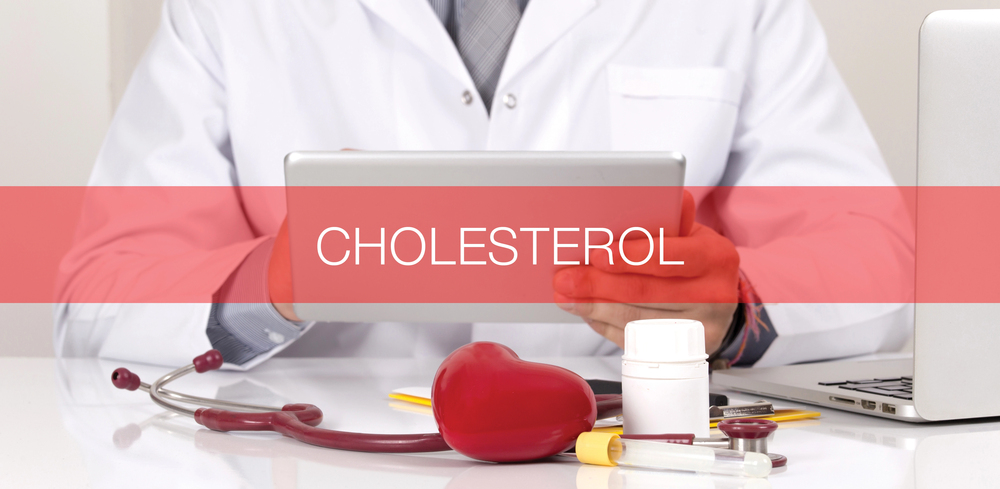Welcome back to our three-part series on heart health! In Part I of our series we talked about the real causes of cardiovascular events, more detailed testing of cholesterol that your doctor may want to perform, and foundational nutrition for heart health. Our top three foundational supplements for heart health are fish oils, magnesium, and believe it or not, fiber. In this second part of the series, we will talk about additional nutrients that are important to heart health. Deficiencies in any of these nutrients can contribute to poor heart health, and supplementation can improve heart health. Choose those that are specific to your own issues.
Potassium. Next to magnesium, potassium is one of the best nutrients for managing blood pressure. Potassium and sodium work together for water balance in the body, which is a factor in blood pressure. Many people use diuretics to manage blood pressure when they would be better off drinking coconut water or dandelion root tea! The real reason so many of us have high blood pressure is that our potassium/sodium balance is off. The typical American diet has potassium/sodium in a ratio of 3 :5 when the ratio for optimal function may be as high as 6:1, depending on what source you consult. By law, potassium supplements can only be 99 mg, so you are better off consuming foods high in potassium. The best sources of potassium are coconut water, avocado, white beans, yogurt, acorn squash, baked potato with the skin, and salmon. Rather than going salt-free, reduce your intake of processed foods, and use a high mineral salt like Himalayan salt or a high quality sea salt. The Spice House here in Evanston has lots of great choices.
Vitamin D. Low levels of Vitamin D are linked to heart disease. Vitamin D acts as a hormone, regulating over 200 genes in the body. It is protective against diabetes, a huge risk factor in heart disease. It also tempers inflammation. Since it is an immune system modulator, Vitamin D can be protective in cases where there is damage to the arteries originating in an immune response. Adequate Vitamin D levels also ensure the proper absorption of calcium. Calcium and magnesium are vital to the pumping action of the heart. Vitamin D levels should be in the range of 50-80 ng/ml. Most individuals can safely take 1000-2000 IUs. If blood test confirm that you have a serious deficiency you will need more, up to 5000 IUs per day.
Vitamin K2. Vitamin K2, particularly the MK-7 form, tells our bodies how to use the calcium we consume. It directs calcium to the bone rather than letting it build up in the arteries where it can contribute to plaque, high blood pressure, and even stroke. Vitamin K2 is found primarily in a Japanese food called natto, other fermented foods, and animal livers. A typical American diet does not include these foods, so supplementation is helpful. Typical doses are in the range of 45-150 mcg daily.
CoQ10. Coenzyme Q10 is the “spark plug” for the energy-making process in every cell and is vital to heart function. The heart is very metabolically active and requires energy for its pumping action. Ironically, CoQ10 is depleted by several drugs used to treat heart disease including statins, beta blockers, and diuretics. Replacing what is lost is crucial to heart health. CoQ10 is a strong antioxidant and helps to clear toxins and debris from the body. It also reduces CRP, an inflammatory blood marker that is very predictive of heart events. For preventative benefit or to replace what is lost by taking prescription drugs, the recommended dose is 100-200 mg per day.
B Vitamins. B vitamins help us break down our food, produce energy, and nourish the nerves, thus reducing stress. Certain of the B Vitamins are directly related to the management of blood markers that are factors in heart disease risk. Homocysteine, one of these markers, can be reduced by supplementing with B6, B12, and folic acid. Pantethine, or B5, lowers cholesterol by blocking an enzyme involved in the production of cholesterol in the liver. It reduces LDL and triglycerides and increases HDL, the good cholesterol. It also helps reduce stress by nourishing the adrenal glands. The B vitamins work together in the body so it is advisable to use a B complex alongside of any single B vitamin. Nutritional yeast, raw honey, and spirulina are excellent food sources of the B vitamins. Spirulina is a micro-algae high in vitamins and minerals that can be found in pill or powdered form.
If you already have heart disease, you will definitely need one or more of these nutrients. Adding the recommended foods is crucial, but extra nutrition is also necessary until your body gets back into balance. Stay tuned for Part III in our series, where we will be discussing anti-inflammatory herbs for heart health, diet misconceptions related to heart disease and more!




